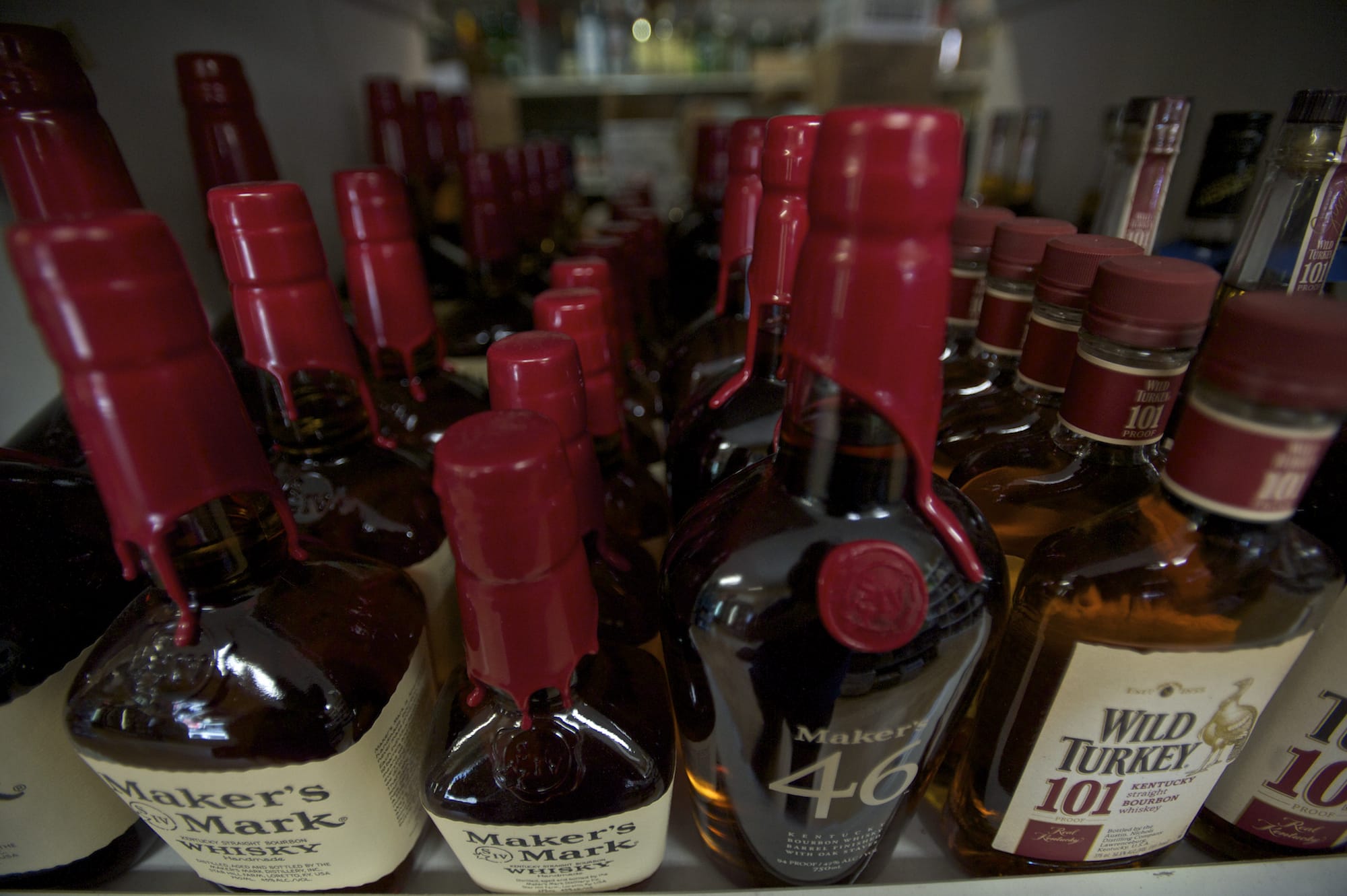“We’re looking at a lot of different Washington cities,” she said.
Located in retail strip centers near malls, BevMo’s 10,000-square-foot stores carry selections of mixers, sodas, snacks, craft beers, about 3,000 varieties of wine and of course, hard liquor.
“We’ll have all of the latest beverages, like infused vodkas. Whatever the latest trend is, we make sure we have it,” Mulkey said of BevMo. The chain now operates in California and Arizona, states where hard liquor is available at most grocery stores. Its website features a pop-up banner with the words, “Hello Washington.”
Possible price hikes
Nevertheless, the giant liquor-selling chains likely will have the bulk-buying advantage that can lead to price breaks, said Toni Ketrenos, a wine, beer and spirits buyer for Portland-based New Seasons Market, which operates one Clark County store.
Ketrenos expects Costco will be among the toughest competitors to beat on price, along with other big-box warehouse stores and chains that buy will liquor in bulk direct from the distilleries. However, she said New Seasons would continue with its approach of buying locally. The company plans to support local distilleries, of which there are about 300 in Washington and Oregon, in much the same way it carries locally produced meat and produce. Ketrenos hopes the selection will draw hard liquor customers who already shop in the store.



